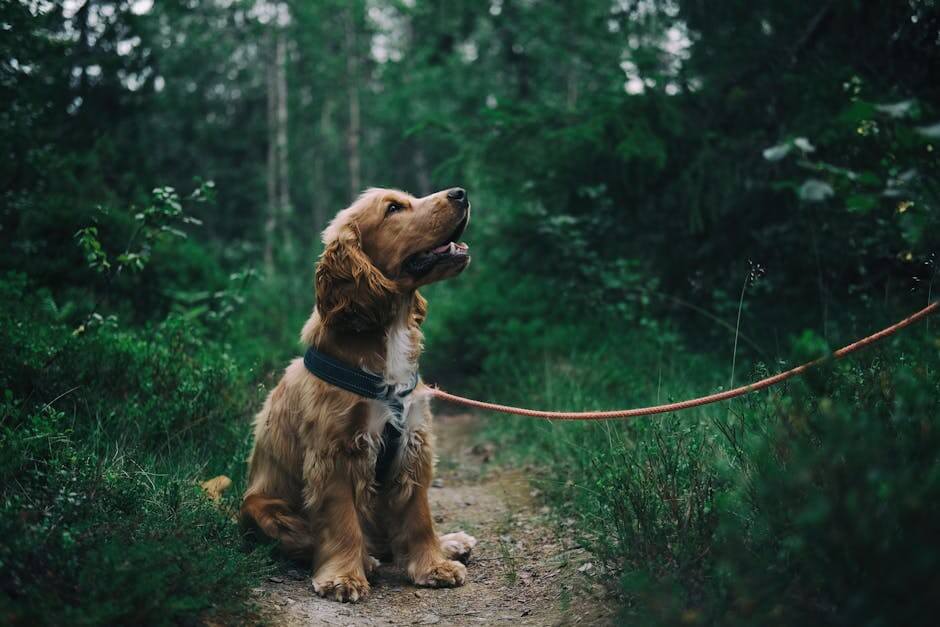Dog training is an invaluable tool for strengthening the bond between you and your furry companion, ensuring their well-being, and enhancing their quality of life. According to the American Pet Products Association, 63% of households in the United States own a dog, highlighting the immense popularity of these beloved pets. However, training a dog can be a daunting task, especially for first-time owners. This comprehensive guide will provide you with the essential knowledge and techniques to effectively train your dog, fostering a harmonious and fulfilling relationship.
**Understanding Dog Behavior**
Before embarking on any training program, it's crucial to understand the intricacies of dog behavior. Dogs are social animals with a strong pack mentality. They are highly attuned to their surroundings and communicate through body language, vocalizations, and scent marking. By observing your dog's natural behaviors, you can gain valuable insights into their needs, motivations, and fears. This understanding will guide your training approach and enable you to create a tailored program that aligns with your dog's unique characteristics.
**Positive Reinforcement**
Positive reinforcement is the most effective and humane method of dog training. It involves rewarding your dog with desirable treats, praise, or physical affection whenever they exhibit desired behaviors. By consistently associating good behavior with positive outcomes, you reinforce the behavior and increase the likelihood that your dog will repeat it in the future. Conversely, punishment should be avoided as it can damage your bond with your dog and lead to fear or aggression.
**Establishing Basic Commands**
Begin your training by teaching your dog basic commands such as "sit," "stay," "come," "heel," and "leave it." These commands provide a foundation for more advanced training and are essential for ensuring your dog's safety and obedience. Use clear hand signals and verbal cues, and practice in short, frequent sessions to keep your dog engaged and motivated.
**Socialization and Exposure**
Socialization is crucial for well-rounded dogs. Expose your dog to different people, animals, and environments from a young age. This will help them develop confidence, learn appropriate social behaviors, and reduce fearfulness or aggression. Supervised playdates, puppy training classes, and walks in various settings are excellent opportunities for socialization.
**Advanced Training**
Once your dog has mastered the basics, you can progress to more advanced training, such as agility, obedience competitions, or specialized skills. These activities provide mental and physical stimulation, strengthen your bond, and offer opportunities for your dog to showcase their abilities.
**Troubleshooting Common Challenges**
No dog training journey is without its challenges. Common problems include housebreaking accidents, separation anxiety, barking, and aggression. Addressing these issues requires patience, consistency, and a tailored approach. Seek professional advice from a certified dog trainer if you encounter significant difficulties.
**Conclusion**
Dog training is an ongoing process that requires dedication, consistency, and a deep understanding of dog behavior. By embracing positive reinforcement, establishing basic commands, socializing your dog, and addressing challenges effectively, you can unlock your dog's true potential and cultivate a lasting, fulfilling relationship built on trust, respect, and unwavering affection. Remember, every dog is unique, and tailoring your training approach to their individual needs is key to achieving successful and harmonious results.
